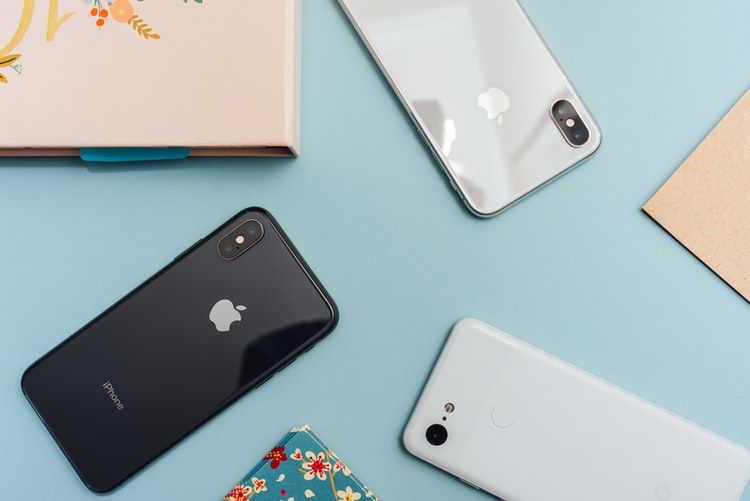The verdict in the Apple vs Epic Games has not come in favour of either side. It is reportedly said that Epic Games had claimed Apple’s App Store is a monopoly and charged exorbitant fees on games such as Fortnite.
Despite being a compromise of sorts, the judgment of the federal court in Oakland, California will set the tone for how big tech will work in coming years in many ways.
Here is all you need to know on the highlights of the ruling and what it means for iPhone and iPad users.
Apple is not involved in monopoly:
Repeatedly, Epic Games had tried to prove that Apple’s App Store was a monopoly. It also forced the developers to follow its rules in order to reach out to billions of iOS devices.
Also read: Judge rules Apple can’t force developers to use App Store payment option
However, Judge Yvonne Gonzalez Rogers’ rule came in favour of Apple saying the company is not a monopoly and its success is not “illegal.”
“While the Court finds that Apple enjoys a considerable market share of over 55% and extraordinarily high-profit margins, these factors alone do not show antitrust conduct. Success is not illegal,” ruled Judge Rogers, The Indian Express reported.
It can be seen that this is a big win for Apple as the company from the very beginning argued that the App Store‘s structure is legal.
“The final trial record did not include evidence of other critical factors, such as barriers to entry and conduct, decreasing output or decreasing innovation in the relevant market,” the judge wrote.
Epic lost the case but won ‘partially’:
An injection was issued by Judge Rogers stating that Apple has to let developers show customers different ways to pay outside of the App Store. In simple words, the App Store must allow third-party payments.
Also read: Apple September 14 event: iPhone 13 launch date, India price and more
Apple cannot prohibit developers “from including in their apps and their metadata buttons, external links or other calls to action that direct customers to purchasing mechanisms.”
The company typically takes between 15 percent and 30 percent cuts on app purchases.
“This measured remedy will increase competition, increase transparency, increase consumer choice and information while preserving Apple’s iOS ecosystem, which has procompetitive justifications,” Rogers ruled.
However, it is reportedly said that Apple would continue to go with the App Store practices and does not need to make significant changes.
In a way, the ruling eases a few restrictions that Apple has put on its developers. Recently, the company allowed developers of “reader” apps like Netflix, Spotify, and Kindle to link to the web to sign up.
The impact of ruling on iPhones and iPad users:
If an iPhone or an iPad user wants to subscribe to a streaming app, the user gets an option to pay through the developer’s own systems. You might see a new button in popular apps that lets you buy things (say Roblox) through its own payment system or you could subscribe or complete payment on a web browser.
The ruling directs Epic to compensate Apple for the App Store cut that the company avoided paying for months as it breached its contract with Apple.
With this, the Fortnite maker has to pay Apple $3.6 million for violating App Store policies in 2020.






